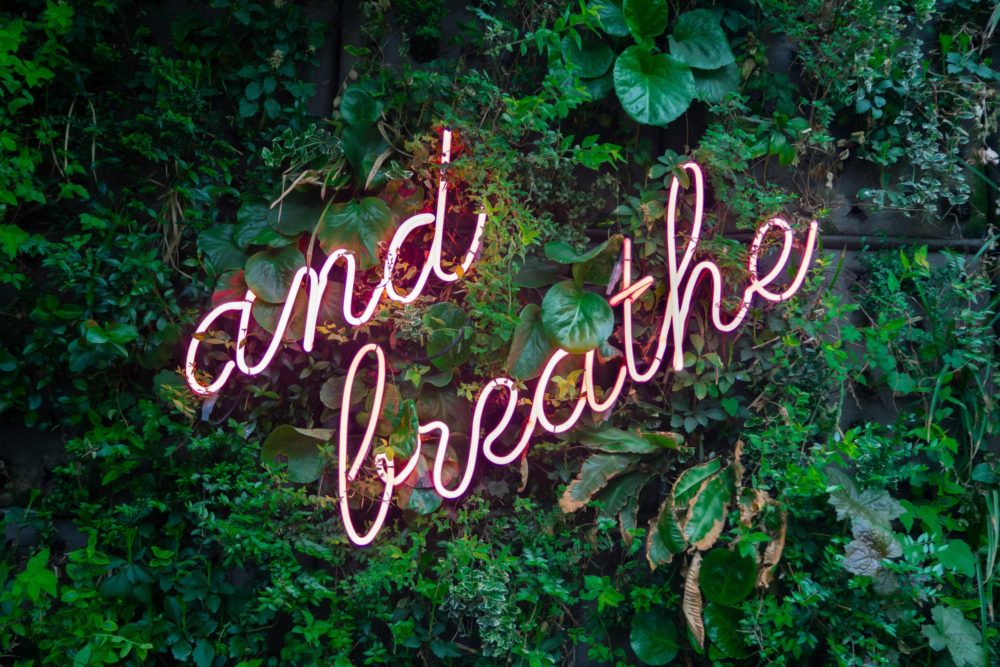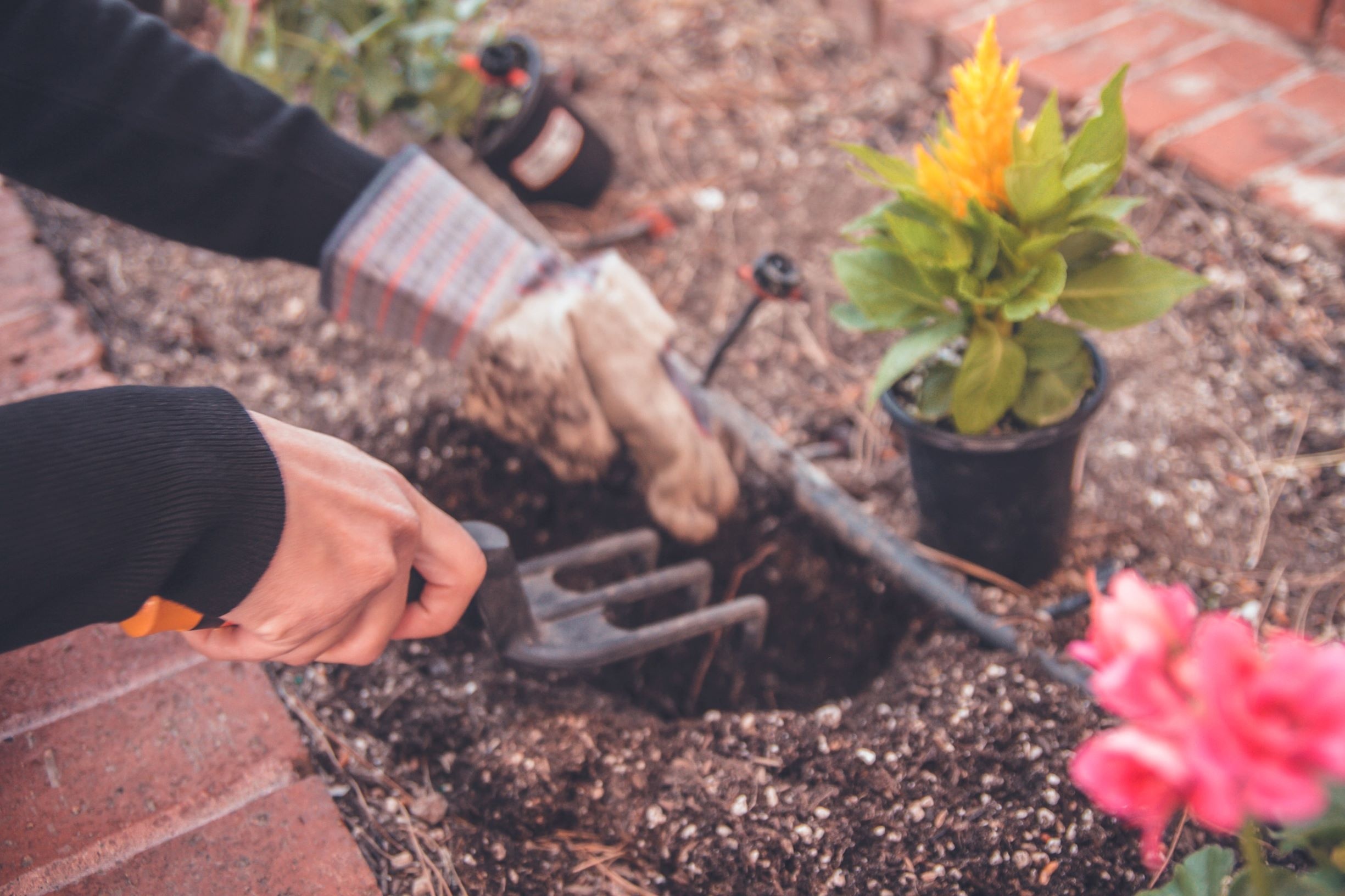CARE’s Soothing Place for Adults

Welcome to the CARE’s Soothing Place for Adults. We hope you enjoy your time here as we provide you with resources to help with mindfulness, wellness, and coping skills for your child. Click any of the drop-down links below to learn more!
Mindfulness Resources for Adults
Mindfulness, as defined by Dr. Jon Kabat-Zinn, who introduced Mindfulness-Based Stress Reduction (MBSR) 30 years ago, is “paying attention in a particular way: on purpose, in the present moment, and nonjudgmentally.”
Definitions of mindfulness or mindful awareness generally refer to paying attention to your moment-to-moment internal and external experiences. You take notice of your thoughts, emotions, sensations, sounds, the surrounding environment with an attitude of openness and curiosity, regardless of whether what you are experiencing feels unwanted or unpleasant.
Other Mindfulness Resources:
Guided Meditation for Adults:
Guided meditation is a state of relaxed concentration invoked and led by another party. It can be a yoga instructor, phycologist, a religious guide, or a recording being played back to you. The guide will instruct you to relax specific muscles in the body until they are comfortable and will then lead you through mental images and visualizations, often of healing light or the dissipation of past wrongs. Guided meditation can be as short as a few minutes or several hours. The purpose is to achieve mental, emotional, and physical healing and stress relief. Click any of the titles below to access the dropdown video.
Helpful Links:
Coping Skills Resources for Adults
Coping skills are methods an individual uses to deal with stressful situations. These may help a person face a situation, take action, and be flexible and persistent in solving problems. Below are different skills and strategies that can be used depending on the person and the situation. It’s important to know that not every coping skill works for every person.
Wellness Resources for Adults
“If you get tired, learn to rest, not give up”
Gardening as a Mindfulness Activity:
Caring for your garden can be a great form of mindfulness meditation. By connecting with the earth and with the practice of gardening, you can cultivate a healthy mind and feel calm and connected.

Local Gardens to Visit
Nutrition
Good nutrition is important, no matter what your age. It gives you energy and can help you control your weight. It may also help prevent some diseases.
Healthy on a Budget:
Nutrition and Mental Health:
- Study reveals a link between certain diets and their impact on mental health. Poor diets, researchers say, play a role in worsening mood disorders, such as anxiety and depression. However, diets rich in vegetables and olive oil, such as the Mediterranean diet, can improve symptoms of depression and anxiety.
https://neurosciencenews.com/diet-mental-health-15384/
- Foods that can help with moods and:
- Leafy greens.
- Walnuts.
- Wholegrains.
- Yogurt.
- Berries (Strawberries, blueberries, raspberries, and blackberries)
- Fish (fish oil, omega 3’s)
Eating a healthy diet high in fruit and vegetables, seafood, and whole grains or a more Mediterranean diet—which includes lots of olive oil and more legumes, meat, and dairy help with depression and anxiety. The more fruits, vegetables, and whole grains you include in your diet the more benefits you will get not only for your physical health but mental health as well.
Healthy Adjustments:
- Week 1: Add more veggies and fruit, go for all types to get the most nutrients. Dark greens (broccoli, spinach), red and orange (sweet potatoes, carrots)
- Week 2: Bring on the Whole Grains! (Brown rice, rolled oats, whole wheat pasta)
- Week 3: Cut back on salt (sodium) and sugar, look for labels like no sodium or not salted when shopping
- Week 4: Bring it all together for a successful healthy eating pattern! No food is forbidden- the key is to add more of the foods that are nourishing for your body and less of the foods that aren’t.
Nutrition Tips:
A great way to get youth to drink more water is by adding flavor drops to mimic fruit juices.
- Sweetleaf: water flavor enhancers
- Mio: flavored water enhancer
- Monk Drops – 100% Monkfruit Liquid Sweetener
Exercise
Physical activity or exercise can improve your health and reduce the risk of developing several diseases like type 2 diabetes, cancer and cardiovascular disease. Physical activity and exercise can have immediate and long-term health benefits. Most importantly, regular activity can improve your quality of life.
Workout guides and website resources:
TEDx Talks Videos
Our team has taken the time to find some helpful TEDx Talks videos that are provided to you below. These videos are just examples of the many available to you online.
The Power of Mindfulness: What You Practice Grows Stronger by Dr. Shauna Shapiro
How do we change? In this pioneering talk, Dr. Shauna Shapiro draws on modern neuroscience and ancient wisdom to demonstrate how mindfulness can help us make positive changes in our brains and lives. (13 minutes and 52 Seconds video)
Beyond the Cliff | Laura van Dernoot Lipsky
In this talk, Laura offers us a window into the cumulative toll that can occur when we are exposed to the suffering, hardship, crisis or trauma of humans, other living beings, or the planet itself. Held within a larger context of systematic oppression and liberation theory, we will dive into what gets hard and how to work toward reconciling it both individually and collectively. (19 minutes and 23 seconds video)
Rethinking Challenging Kids: Where There’s a Skill There’s a Way by Dr. Stuart Ablon
In this video, Dr. Stuart Ablon, Director of the Think: Kids program in the Department of Psychiatry at MGH, describes the general tenets of a model of care called Collaborative Problem Solving, which was originated by Dr. Ross Greene in his book The Explosive Child. (19 minutes and 25 seconds video)
All it takes is 10 Mindful minutes by Andy Puddicombe
When is the last time you did absolutely nothing for 10 whole minutes? Not texting, talking or even thinking? Mindfulness expert Andy Puddicombe describes the transformative power of doing just that: Refreshing your mind for 10 minutes a day, simply by being mindful and experiencing the present moment. (9 minutes and 24 seconds video)
